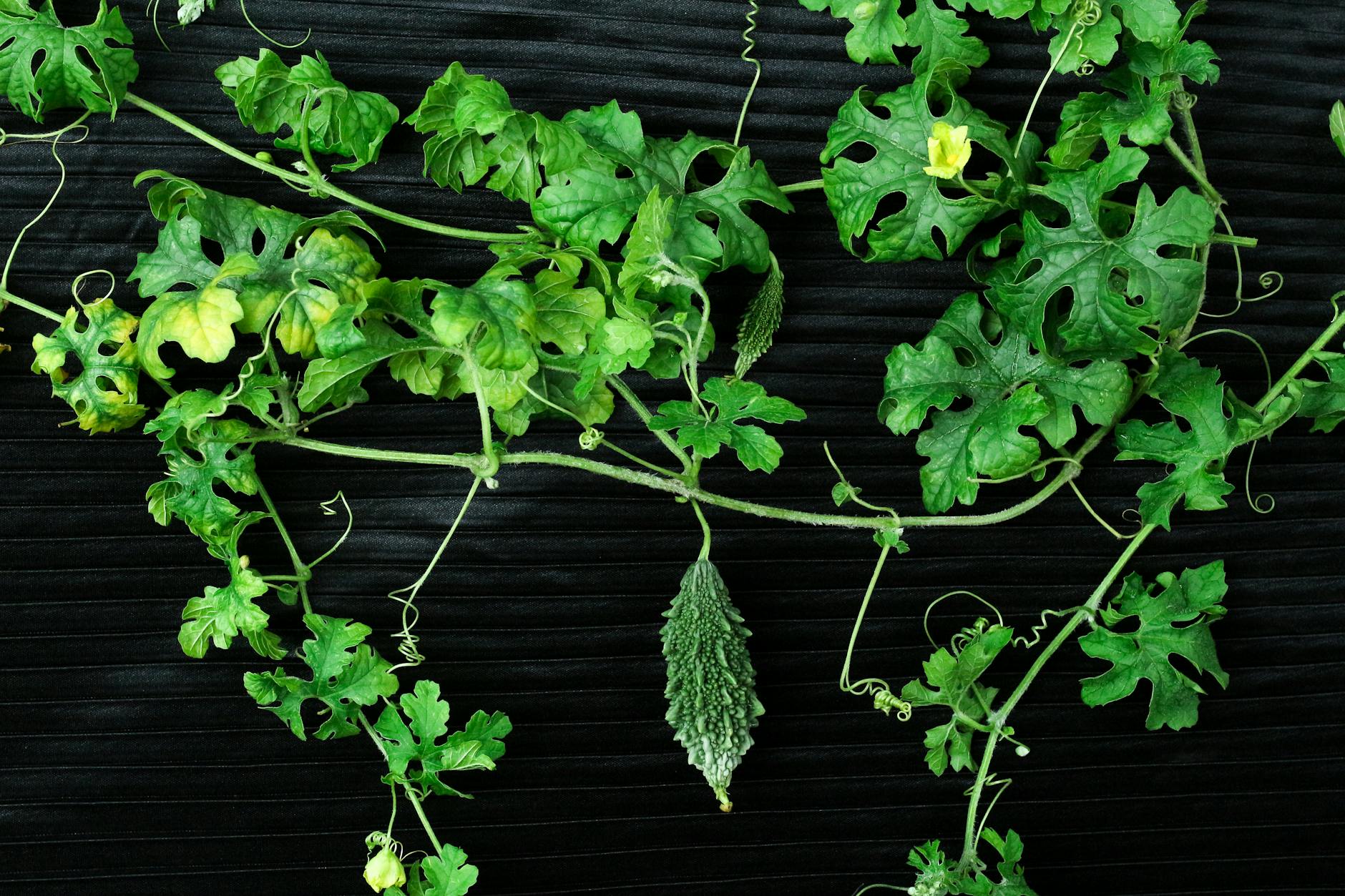Title: Embracing the Bitter Beauty: The Wonders of Karela (Bitter Melon)
Karela, also known as bitter melon or bitter gourd, is a unique and fascinating vegetable that often divides opinions due to its intense bitter taste. Despite its challenging flavor profile, Karela has been celebrated for centuries in various culinary traditions for its remarkable health benefits. In this blog, we’ll explore the intriguing world of Karela and uncover the reasons why this bitter beauty deserves a place on your plate.
A Nutrient Powerhouse:
Despite its bitterness, Karela is a nutritional powerhouse packed with essential vitamins, minerals, and antioxidants. Here’s a glimpse into its impressive nutritional profile:
- Vitamins: Karela is rich in vitamins A, C, and K. Vitamin A is vital for vision health and immune function, while vitamin C acts as an antioxidant and supports skin health. Vitamin K plays a crucial role in blood clotting and bone health.
- Minerals: This humble vegetable contains an array of minerals, including potassium, iron, and calcium. Potassium helps regulate blood pressure, iron is essential for oxygen transport in the body, and calcium contributes to bone strength.
- Antioxidants: Karela is abundant in antioxidants such as flavonoids, phenolic compounds, and vitamin C. These antioxidants help neutralize harmful free radicals in the body, reducing the risk of chronic diseases like heart disease and cancer.
Health Benefits:
Incorporating Karela into your diet can offer a myriad of health benefits, including:
- Blood Sugar Management: Karela is renowned for its ability to lower blood sugar levels and improve insulin sensitivity, making it beneficial for individuals with diabetes or those at risk of developing the condition.
- Digestive Health: The fiber content in Karela aids digestion and promotes bowel regularity. It can help alleviate constipation, improve gut health, and prevent digestive disorders like irritable bowel syndrome (IBS).
- Weight Management: Karela is low in calories and rich in fiber, making it an excellent addition to weight loss diets. Its high fiber content promotes satiety, reducing hunger cravings and aiding in weight management.
- Immune Support: The vitamin C and antioxidants in Karela boost immune function, helping the body fight off infections and illnesses. Including Karela in your diet can help strengthen your immune system and keep you healthy year-round.
- Skin Health: The antioxidants in Karela contribute to healthy skin by protecting against oxidative damage and reducing signs of aging. Regular consumption of Karela may help maintain a youthful complexion and prevent skin conditions like acne and eczema.
Culinary Versatility:
Despite its bitter taste, Karela is a versatile ingredient that can be prepared in various ways to reduce its bitterness and enhance its flavor. It can be stir-fried, stuffed, pickled, or added to soups and stews. Combining Karela with complementary ingredients like onions, tomatoes, and spices can help balance its bitterness and create delicious dishes that appeal to even the most discerning palates.
Conclusion:
While Karela’s bitter taste may deter some, its impressive array of health benefits makes it a vegetable worth embracing. From blood sugar management and digestive health to immune support and skin rejuvenation, Karela offers a multitude of reasons to incorporate it into your diet. So why not embrace the bitter beauty of Karela and unlock its incredible potential for health and well-being? Your body will thank you for it.








